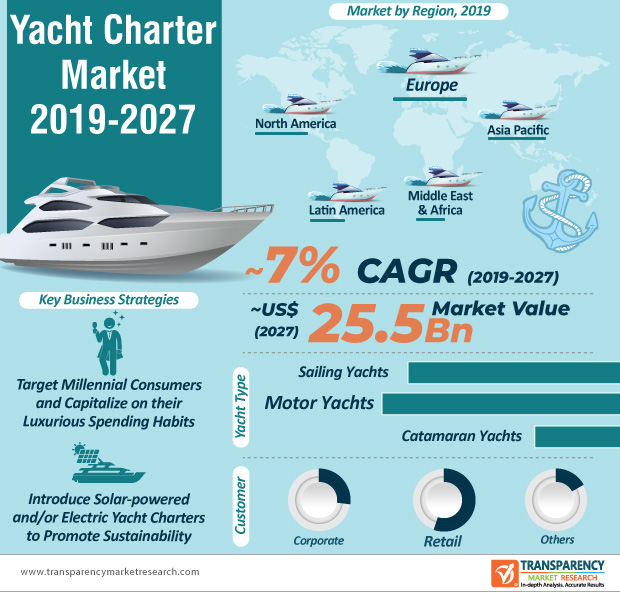Auto322

The idea of selling fractional shares in business jets looked like a winner. Today, though, the news about the fractional share industry doesn’t concern the startup of companies. The news these days at the major U.S. fractional providers largely concerns red ink and Efforts to stop its flow. NetJets, for example, had amassed a staggering $1.9 billion in debt as of April 2009.
Flexjet and Flight Options have all struggled to survive. The question being asked is whether the fractional business model even makes sense anymore. What do the providers need to do to survive? We talked with industry consultants and CEOs at the leading fractional providers. None of them predicted the business model’s demise but most suggested that significant changes lie ahead.
A key problem for the industry is that providers have relied on share sales rather than on operational profits for their profits.
Fractional operators make a lot of profits on the sale of the aircraft, says Avantair CEO Steve Santo. Another problem is that the market simply isn’t as big as the providers apparently hoped, says Foley. “Even before the ’08 collapse,” he noted, “it was clear that fractional owner growth wasn’t each arithmic anymore”.
Auto322